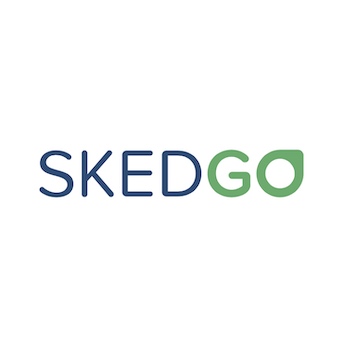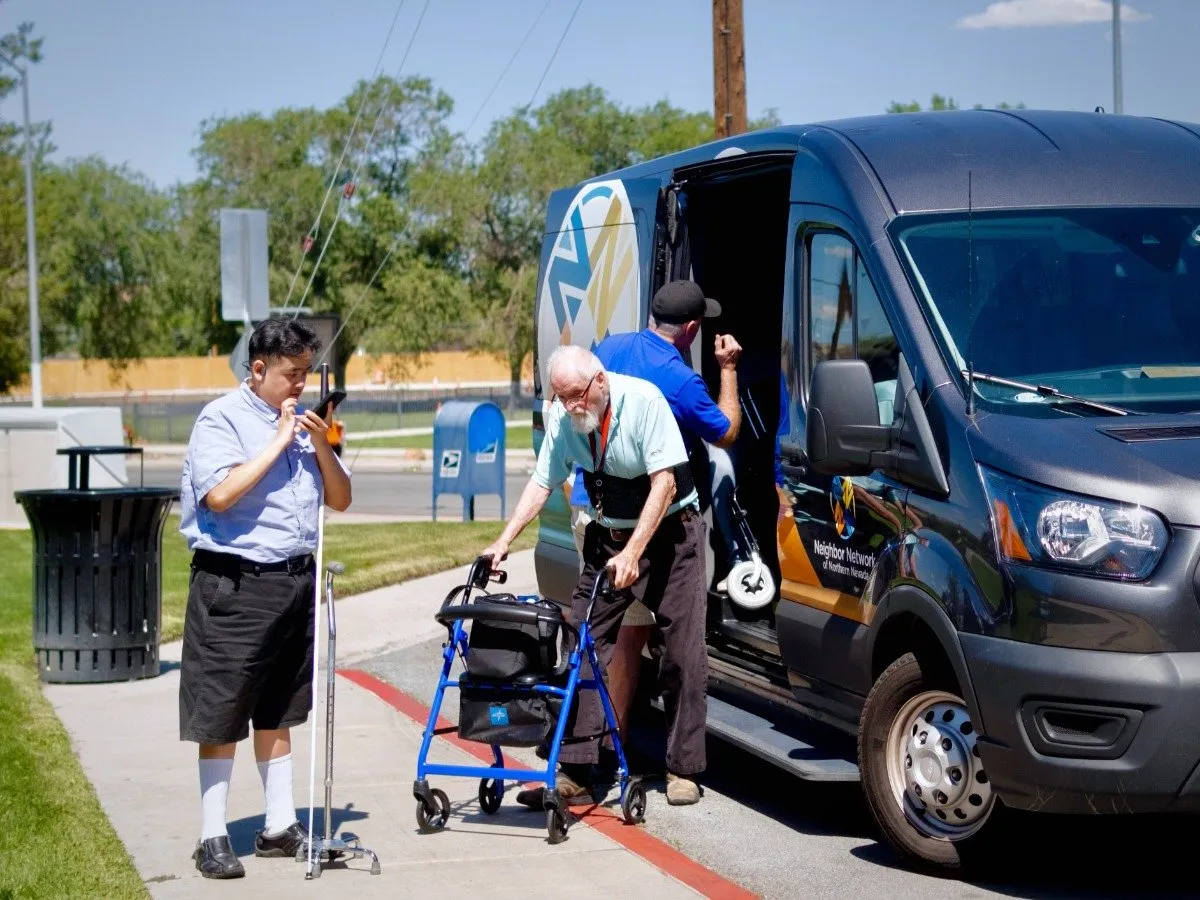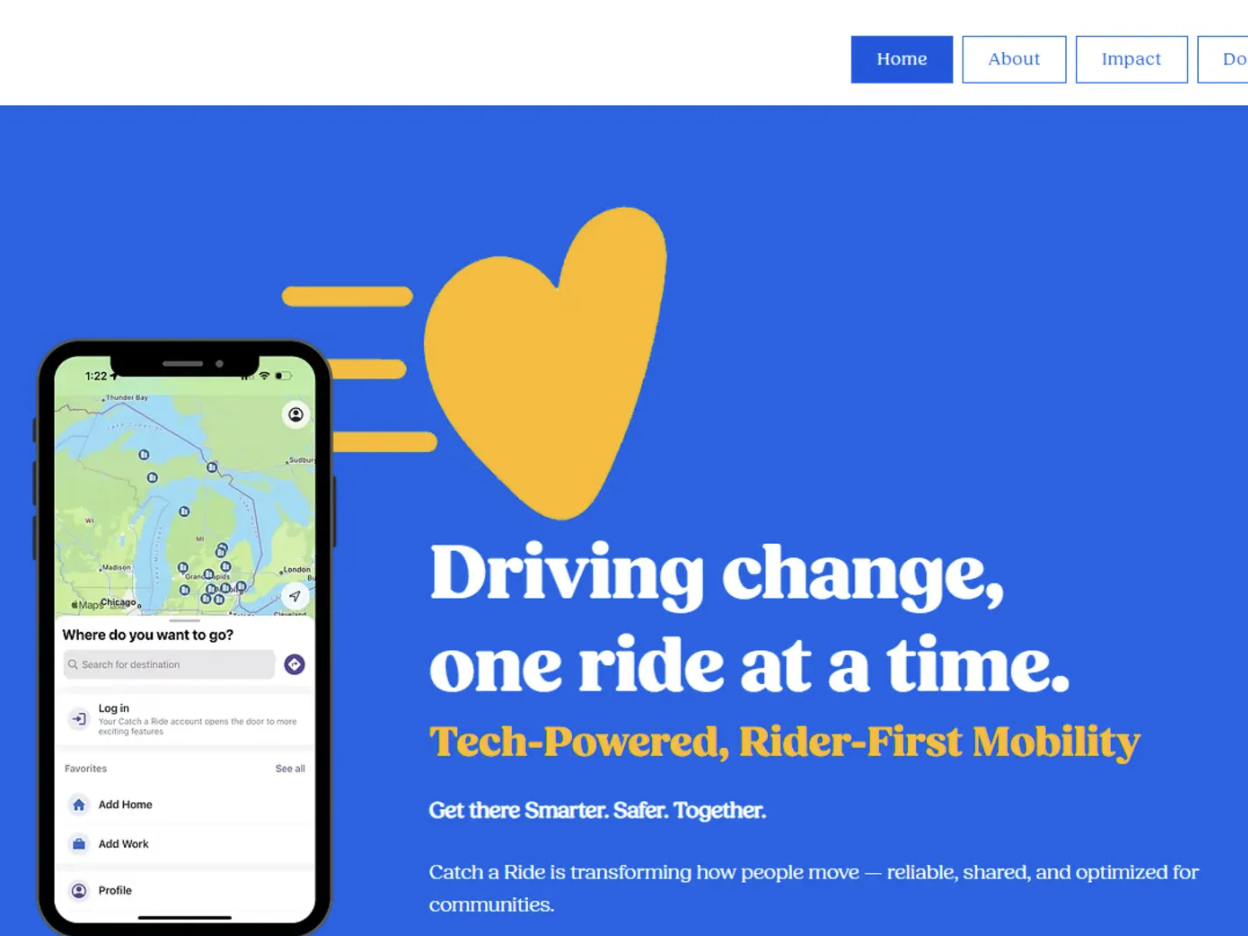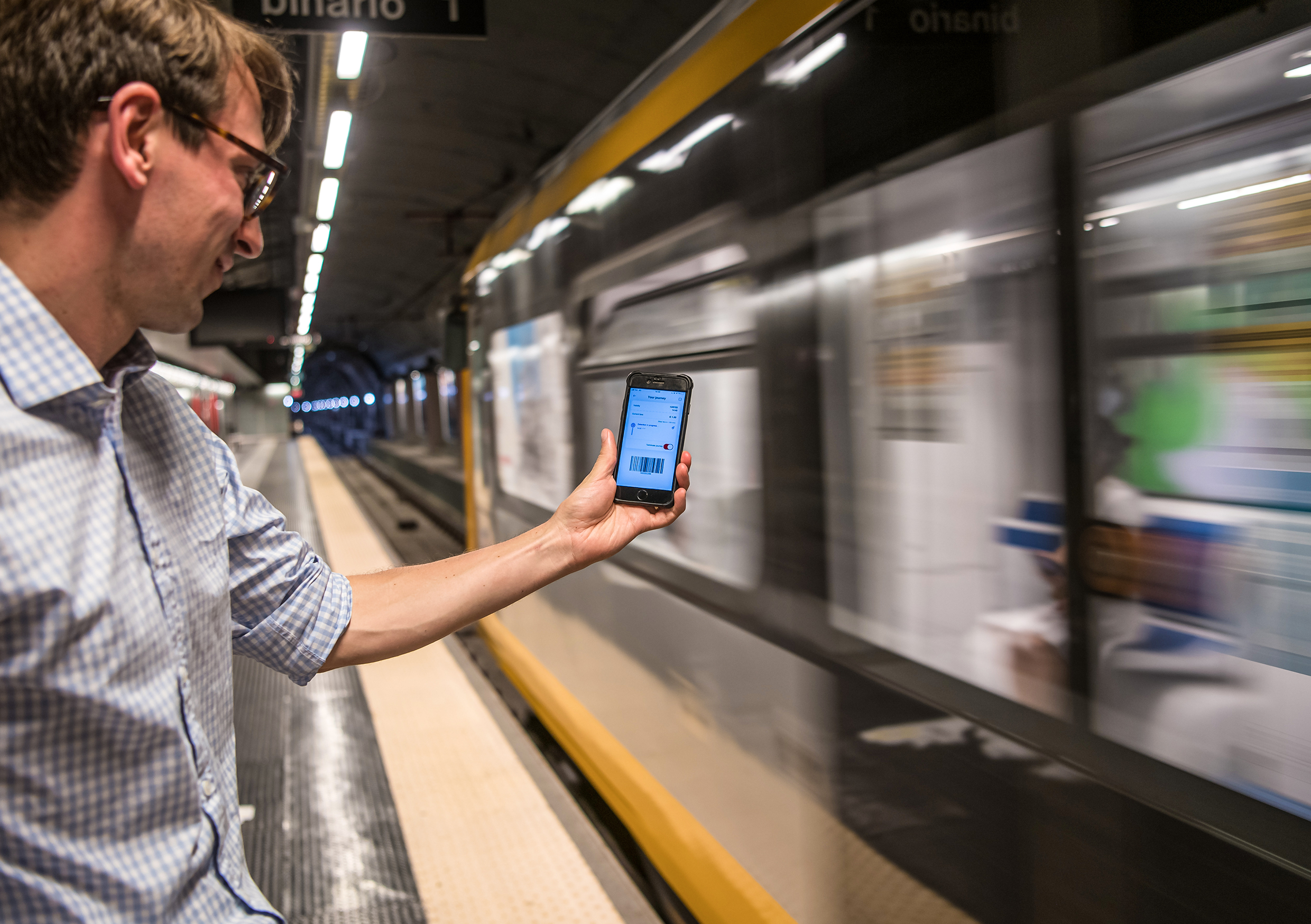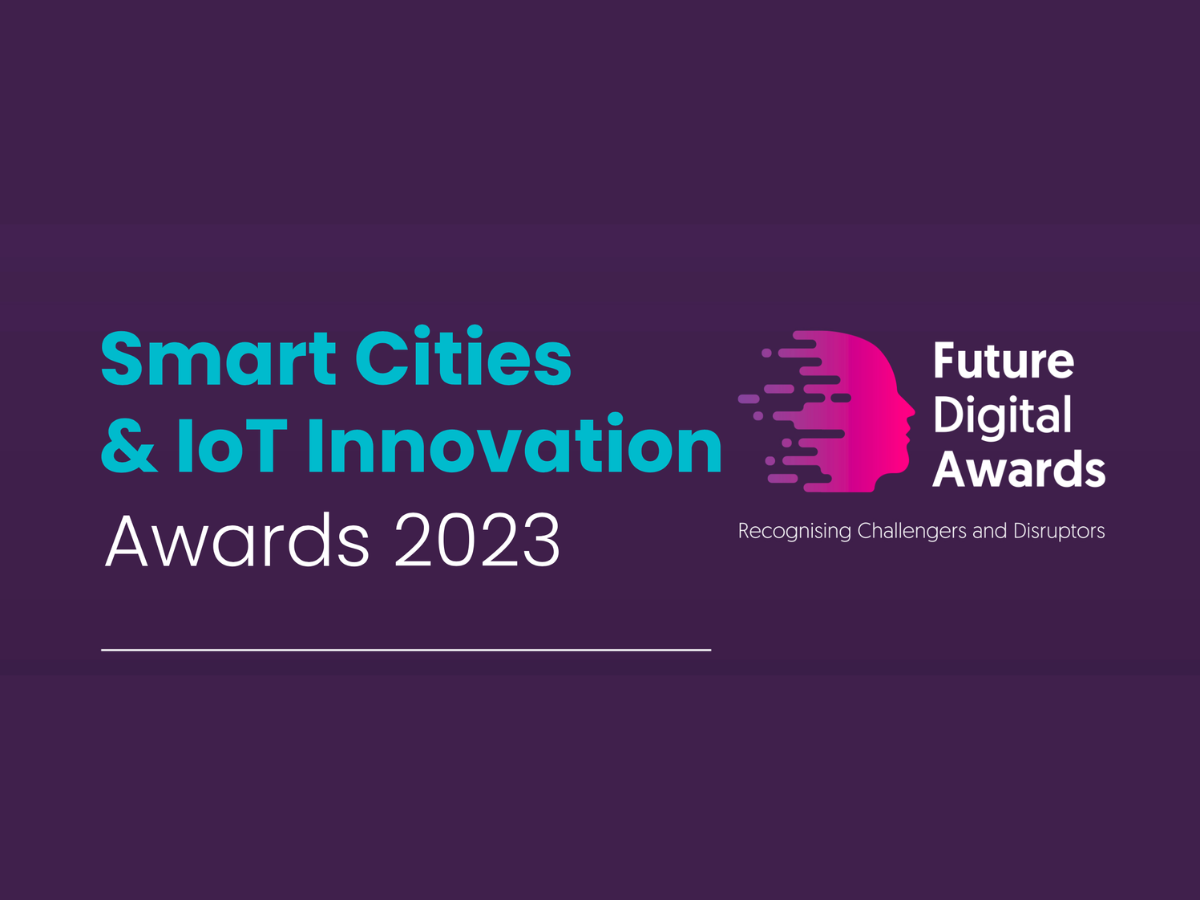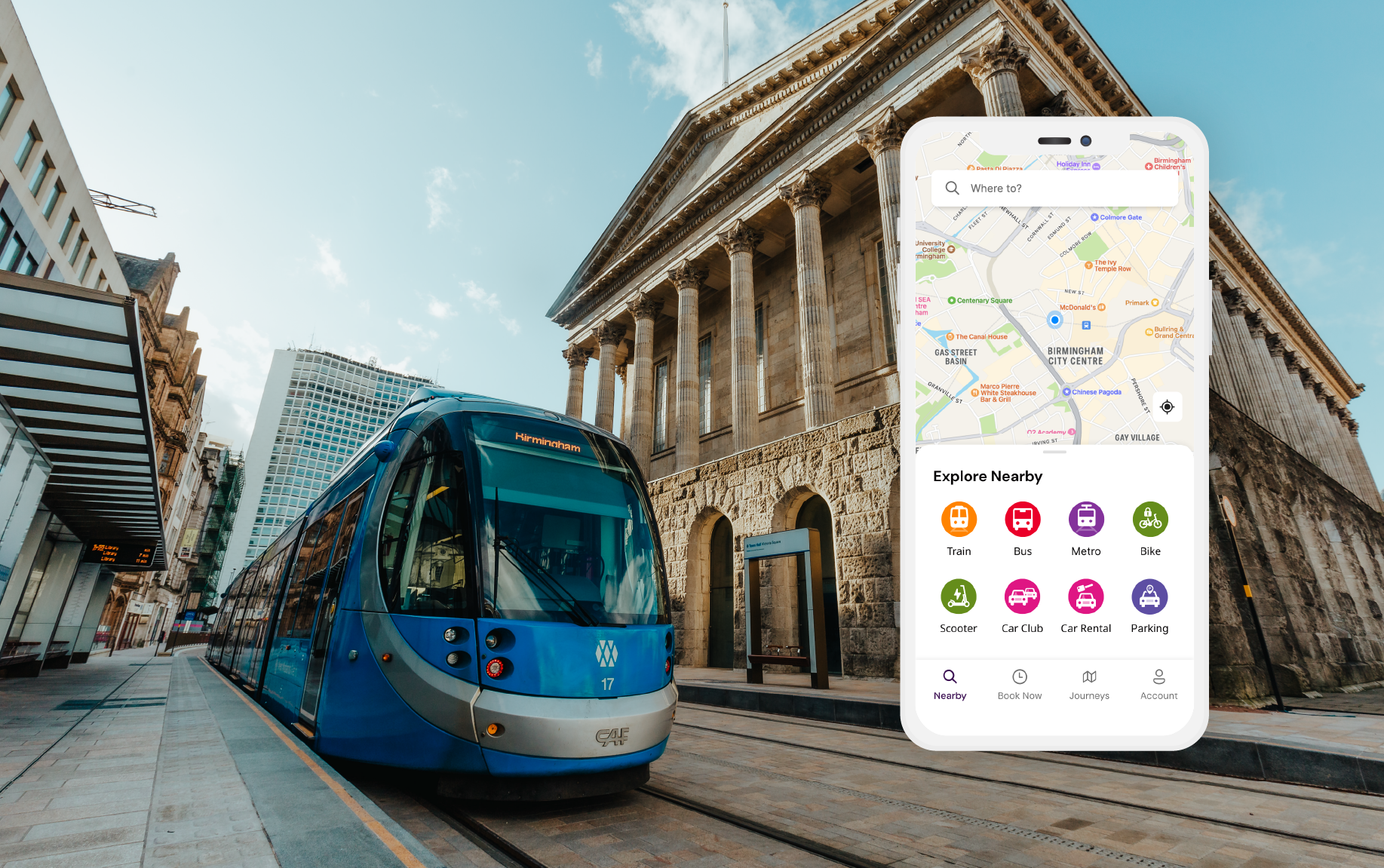In a world where convenience and connectivity reign supreme, the concept of Mobility-as-a-Service (MaaS) has emerged to seamlessly integrate various modes of urban transportation.
But what if its potential extends far beyond the transportation sector? Can MaaS have a broader role to play, for example in education, healthcare, tourism or insurance?

In this article, we’ll explore the exciting possibilities of how MaaS could transcend traditional boundaries, breaking free from its transportation-centric origins to shape new experiences across multiple sectors and use cases. We’ll dive into a handful of ways that MaaS can enhance product offerings, improve customer experiences, and drive innovation.
Why Embrace MaaS?
MaaS is well-known for its integrated approach to transportation, providing access to multiple forms of mobility through an easy-to-use platform. It can help to reduce congestion on roads by creating more efficient multi-modal journeys; save individuals time and money; and encourage more sustainable transport decisions, among many other benefits.
As such, non-transport-related industries would do well to consider adopting MaaS where mobility is an important adjunct to what they already do. This would provide a valuable additional service to existing customers, entice future customers and encourage loyalty to the brand, product or service. It’s a win-win for everyone.
MaaS can be integrated into an existing application, platform or website bringing with it a wide range of mobility options from public transport and active travel to ride-sharing and the private car. It can integrate payment, booking and other features too. It’s about shaping the end solution to client and customer requirements, helping to break down transport barriers when it comes to accessing products and services.
How Non-transport Businesses Can Benefit from MaaS
Education
MaaS can provide students with cost-effective mobility services to enhance their academic and campus experience. For example, universities can leverage low-cost public transport tickets, as well as ride-sharing options, to bridge the gap between different campuses and improve access for students living further away. These services not only help boost student retention rates but also reduce administrative costs while making courses more accessible and enjoyable.
One example is the ODINPASS research trial, which is available to students and staff at The University of Queensland. It offers multi-modal journeys with real-time information and updates, the ability to purchase different subscriptions, and access to unlimited public transport, e-scooter and e-bike passes. By leveraging the power of MaaS technology, institutions can empower students with greater access to learning opportunities and enhance the overall quality of the education experience.
Health and Wellbeing
Integrating mobility options into wellness apps provides a great opportunity to stay healthy and could be a beneficial value-add for private health insurance providers. For example, with active travel as part of a fitness routine, people can walk or cycle home from work instead of relying on other forms of transport. The apps could also track both calories burnt and other health metrics as part of an individual’s overall fitness goals.
City councils are already actively encouraging people to prioritise their wellbeing. Widgets designed to facilitate active travel on existing websites or dedicated apps provide a convenient way to find the best routes for walking and cycling (factoring in accessibility for wheelchairs too). Leicester City Council is one example that has implemented this approach.
Tourism and Retail
Integrating MaaS into tourism apps can provide a more efficient way for people to plan and book trips. It allows users to create detailed itineraries with ease, discover activities, connect with service providers and retailers, and even make payments with popular digital wallets such as Apple Pay or Google Pay.
From restaurant and hotel reservations to public transport tickets and local sightseeing tours, this comprehensive overview of services for a given area offers convenience for travellers visiting unfamiliar cities without the fear of getting lost or wasting time searching for transport options. As such integrations advance, they will no doubt shape our relationships with cities for the better.
Car Insurance and Roadside Recovery
MaaS provides personalised and affordable solutions for insurance and roadside recovery companies and their customers. Such tools provide these industries with many opportunities to add value. By leveraging customer data, firms could craft policies that cater to individual needs, potentially lowering overall premium costs. The ability to promote the use of alternative transport methods, reduce time spent in cars, and motivate safe and conscious driving behaviours could mean fewer claims and also support carbon emissions reduction efforts.
Corporates and Mid-Sized Business
Company car fleets are a heavy burden for businesses these days. According to cardata, they can cost 30 per cent more than simple reimbursement options, leaving businesses to shoulder full liability for these vehicles which also take up valuable HR and admin resources. MaaS could help to lower costs and provide employees with access to the transport they need to carry out their work, such as attending client meetings, site visits or events.
One example is Australian telecoms giant Optus, which decided to offer employees a journey planning app. This included integrating public transport alongside their own corporate shuttle bus, providing a range of options to choose from. Like insurance companies, such applications can be extended to include rewards for taking more sustainable transport modes. This is not only beneficial for individuals but can align with corporate social responsibility policies too.
Far-Reaching Opportunities
MaaS is not limited to the traditional transportation industry; its potential applications are vast and far-reaching. We’ve mentioned just a handful of examples here. By leveraging this innovative technology, organisations can unlock untapped opportunities to create cost savings, improve service quality and efficiency, and enhance customer satisfaction.
SkedGo has been innovating in the field of MaaS and journey planning since 2009, providing custom solutions for a wide range of industries and use cases. Our team would be delighted to help you integrate journey planning into your existing app or website – or build an app from scratch; please contact us for more information.
This article was originally published by SkedGo.


